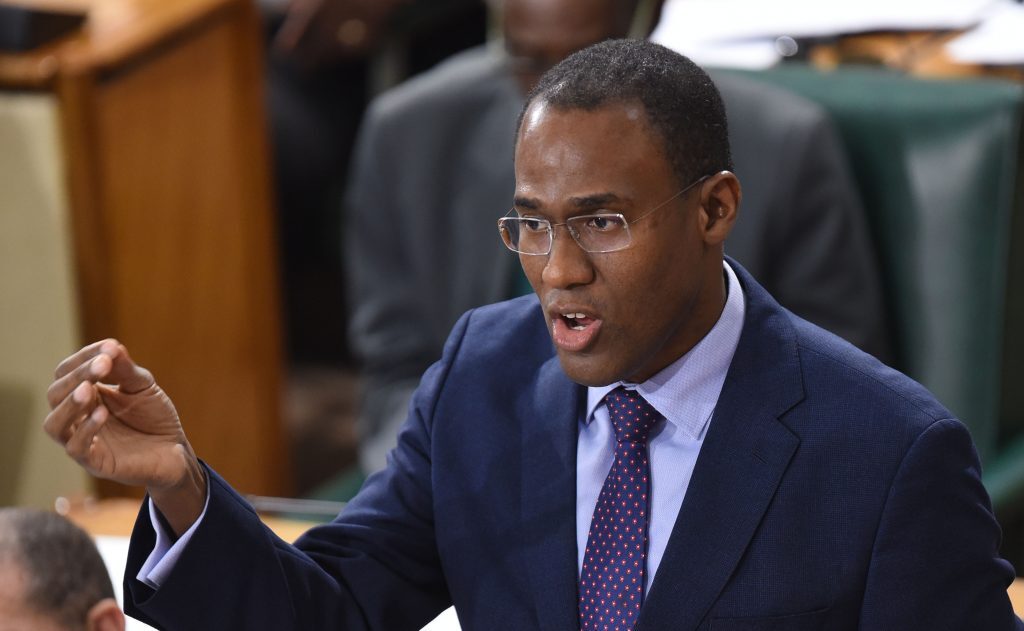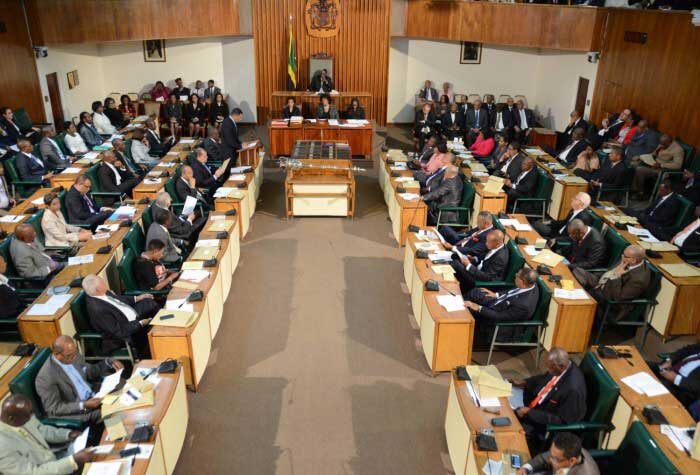Jamaica removed from the Financial Action Task Force Money Laundering List
The Minister of Finance and the Public Service, Dr. the Hon. Nigel Clarke, led the Jamaican delegation to the Financial Action Task Force (FATF) meetings in Singapore this week. On the conclusion of the meetings, Minister Clarke issued the following statement:
“I am proud to share that the Financial Action Task Force (FATF), at its Plenary in Singapore on Friday, June 28, 2024, removed Jamaica from its ‘Grey List’ of countries that are assessed as having strategic deficiencies in their Anti-Money Laundering/Countering the Financing of Terrorism (AML/CFT) Regimes. In a statement released by FATF on the conclusion of the Plenary in Singapore, FATF welcomed ‘Jamaica’s significant progress in improving its AML/CFT regime’. The FATF’s release further stated that ‘Jamaica strengthened the effectiveness of its AML/CFT regime to meet the commitments in its action plan regarding the strategic deficiencies that FATF identified in February 2020’. As such, FATF concluded that Jamaica is ‘no longer subject to FATF’s increased monitoring process’.”

The Financial Action Task Force (FATF) is the global money laundering and terrorist financing watchdog. It sets international standards that aim to prevent these illegal activities and the harm they cause to society. The Financial Action Task Force (on Money Laundering) (‘FATF, aka “Fatfee”), also known by its French name, Groupe d’action financière (GAFI), is an intergovernmental organisation founded in 1989 on the initiative of the G7 to develop policies to combat money laundering and to maintain certain interest. In 2001, its mandate was expanded to include terrorism financing.
This is a significant achievement for Jamaica. In February 2020, Jamaica was placed on the Grey List by FATF. Placement on FATF’s “Grey List” signals to international financial and other institutions to take special care when transacting with entities and individuals from a FATF “Grey Listed” country. This makes transacting with FATF “Grey Listed” countries more expensive.
In the aftermath of the FATF “Grey Listing”, the Government of Jamaica (GOJ) agreed to a 13-point action plan with FATF to address Jamaica’s AML/CFT deficiencies. Despite the dislocating onset of the COVID-19 pandemic shortly after we agreed to this action plan, Jamaica delivered on the full range of legislative and regulatory reforms detailed in Jamaica’s action plan and ensured that the implementation of these was effective.
A Joint Group from FATF visited Jamaica six weeks ago for an onsite visit to assess the effectiveness of Jamaica’s implementation of our action plan. The Joint Group confirmed to FATF that Jamaica has a robust and comprehensive understanding of its money laundering and terrorist financing risks and in its report to FATF, the Joint Group highlighted that, in some instances of the implementation of its AML/CFT framework, Jamaica was an example of global good practice.
This has not been an easy process. It has required painstakingly detailed and comprehensive work across the GOJ mostly during the very demanding and difficult time of the COVID-19 pandemic and its aftermath. On behalf of a grateful nation, therefore, I would like to express gratitude to – The Prime Minister of Jamaica, the Most Hon. Andrew Holness.

In its statement regarding the conclusion of the Plenary in Singapore, the Financial Action Task Force (FATF) commended “Jamaica’s significant progress in enhancing its Anti-Money Laundering/Counter Financing of Terrorism (AML/CFT) regime”.
The FATF further noted that “Jamaica strengthened the effectiveness of its AML/CFT regime to meet the commitments outlined in its action plan addressing the strategic deficiencies identified by FATF in February 2020”.
Consequently, the FATF concluded that Jamaica is “no longer subject to FATF’s increased monitoring process.”
Nonetheless, Clarke emphasized that “while we celebrate this milestone achievement, we must remain vigilant to ensure that we never again give the global standard setter for AML/CFT/CPT matters any reason to grey list Jamaica.”
Accordingly, Jamaica is now preparing for the globally applicable fifth round of AML/CFT/CPT mutual evaluations, scheduled to take place in mid-2026.
He stated that, before the end of 2025, Jamaica will need to amend or introduce new laws to regulate virtual assets and virtual asset providers, make the registration of non-profit organisations mandatory, and promulgate regulations that address specific targeted financial sanctions related to proliferation.
